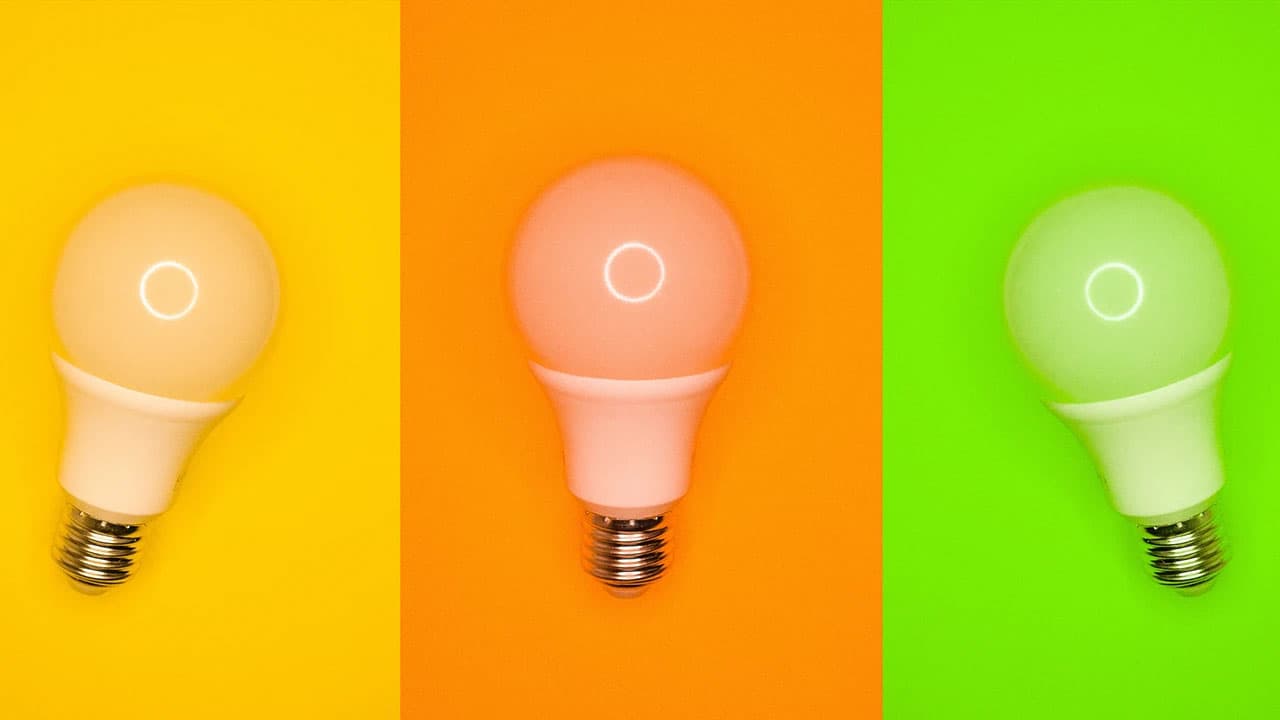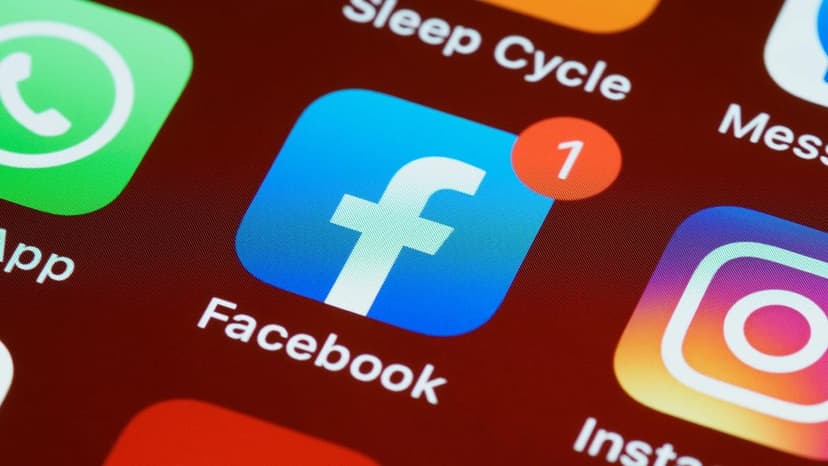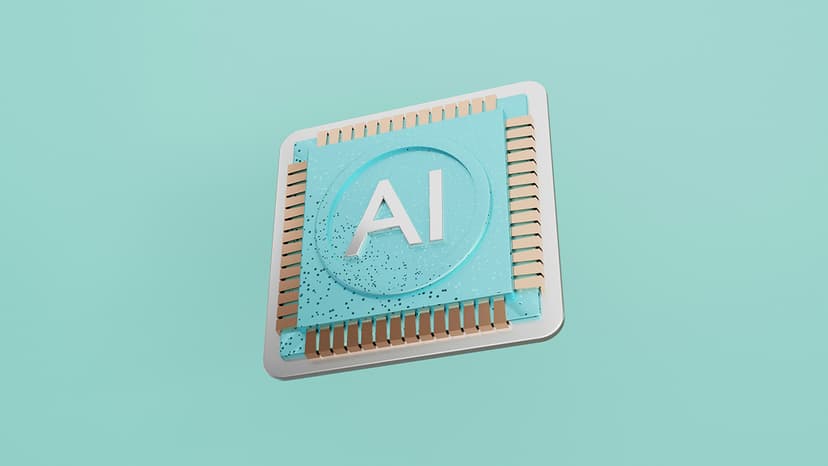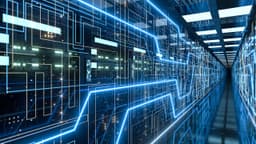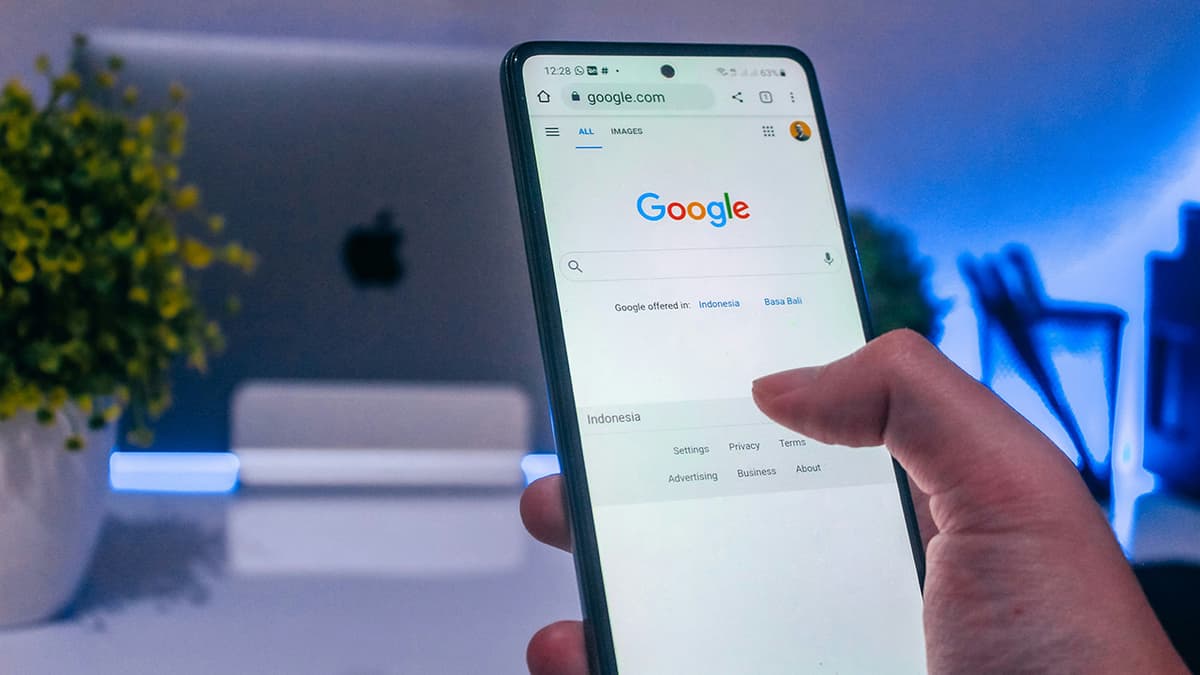How does OpenAI scrape the internet?
Web scraping is a vital tool for many organizations to gather data from the internet. OpenAI stands out as a significant player in this area, focusing on developing and deploying artificial intelligence models. OpenAI uses web scraping techniques to collect extensive data for training their AI models. This article explores how OpenAI scrapes the internet, the challenges it faces, and the implications of its data collection practices.
OpenAI's Web Scraping Methods
What methods does OpenAI use for web scraping? OpenAI collects data from various websites using automated processes. This involves extracting information from web pages through specialized software called web crawlers or bots. One of OpenAI's web crawlers is known as GPTBot.
GPTBot systematically visits websites to extract relevant content, including text, images, and videos. The collected data is then utilized to train OpenAI's AI models, such as ChatGPT and DALL-E, allowing them to generate realistic and contextually appropriate responses.
Challenges and Controversies of OpenAI's Web Scraping
What challenges does OpenAI encounter in its web scraping efforts? Although web scraping is useful for data collection, it brings ethical and legal concerns. OpenAI's practices have attracted attention and are often debated.
Some key challenges include:
Legal Implications and Data Privacy
Web scraping operates within a complex legal framework, with differing regulations across jurisdictions. OpenAI's scraping activities have faced legal scrutiny, especially concerning the collection of personal data. Lawsuits against OpenAI and Microsoft Corporation have questioned the legality of their methods.
Copyright Infringement and Intellectual Property
AI models like ChatGPT often scrape copyrighted content from the internet, such as news articles, books, and blog posts. This raises concerns about the legality of using materials without explicit permission or proper attribution. Lawsuits regarding copyright have highlighted the need for clarity around intellectual property issues in AI training.
Managing Web Traffic and Website Impact
As GPTBot searches the internet for information, it can generate substantial web traffic. This traffic can overwhelm websites, leading to performance issues or downtime. Website owners have raised concerns about the effects of OpenAI's web scraping on their platforms and the necessity for effective traffic management.
OpenAI's web scraping is crucial for gathering the data needed to train its AI models. Yet, these practices come with significant challenges. Legal issues, data privacy, copyright concerns, and website performance impacts are key points to address in OpenAI's web scraping activities.
As AI technology evolves, finding a balance between collecting data for training and respecting the rights of individuals and creators is essential. Ongoing discussions, legal frameworks, and ethical guidelines are necessary to ensure responsible and transparent data usage.
